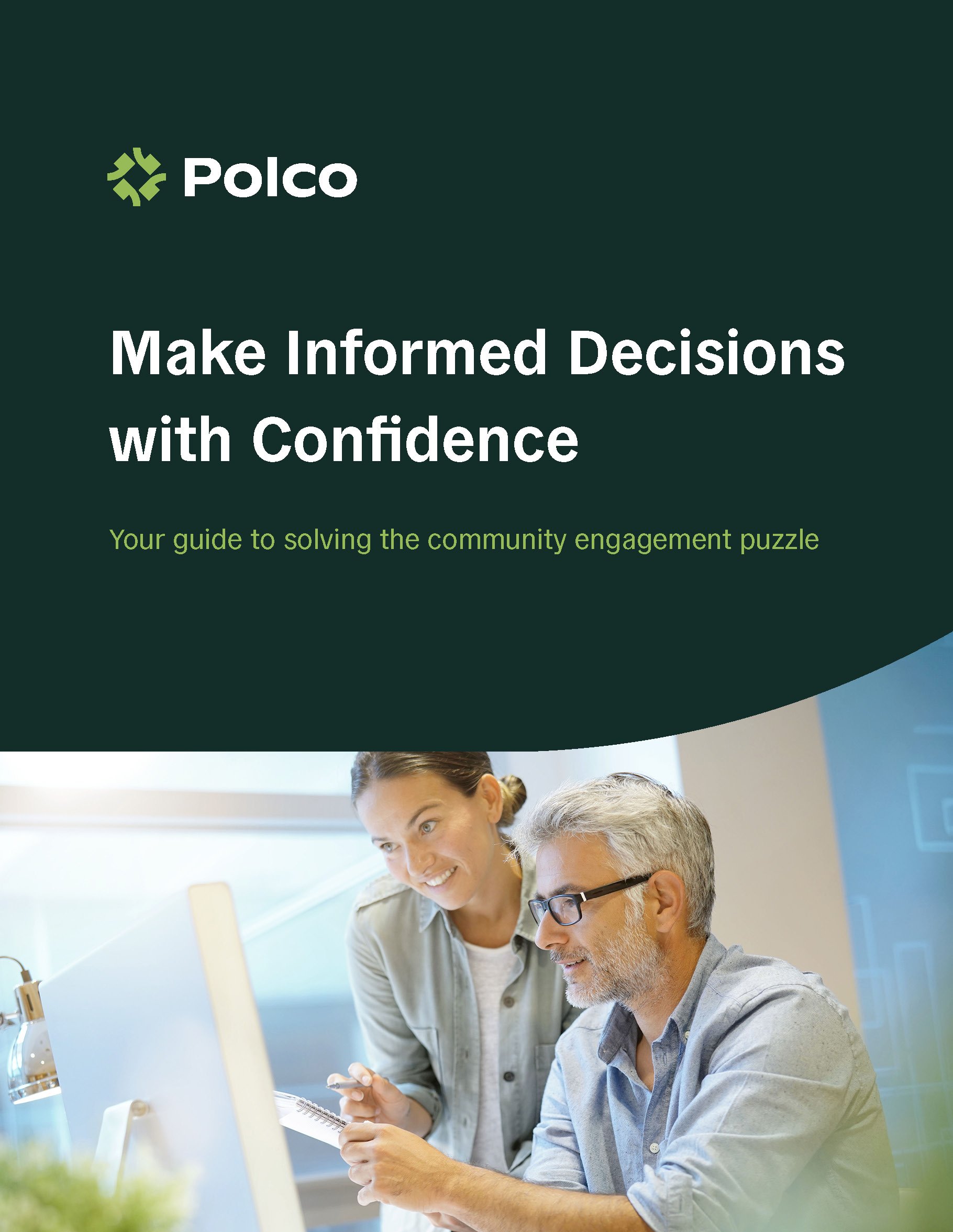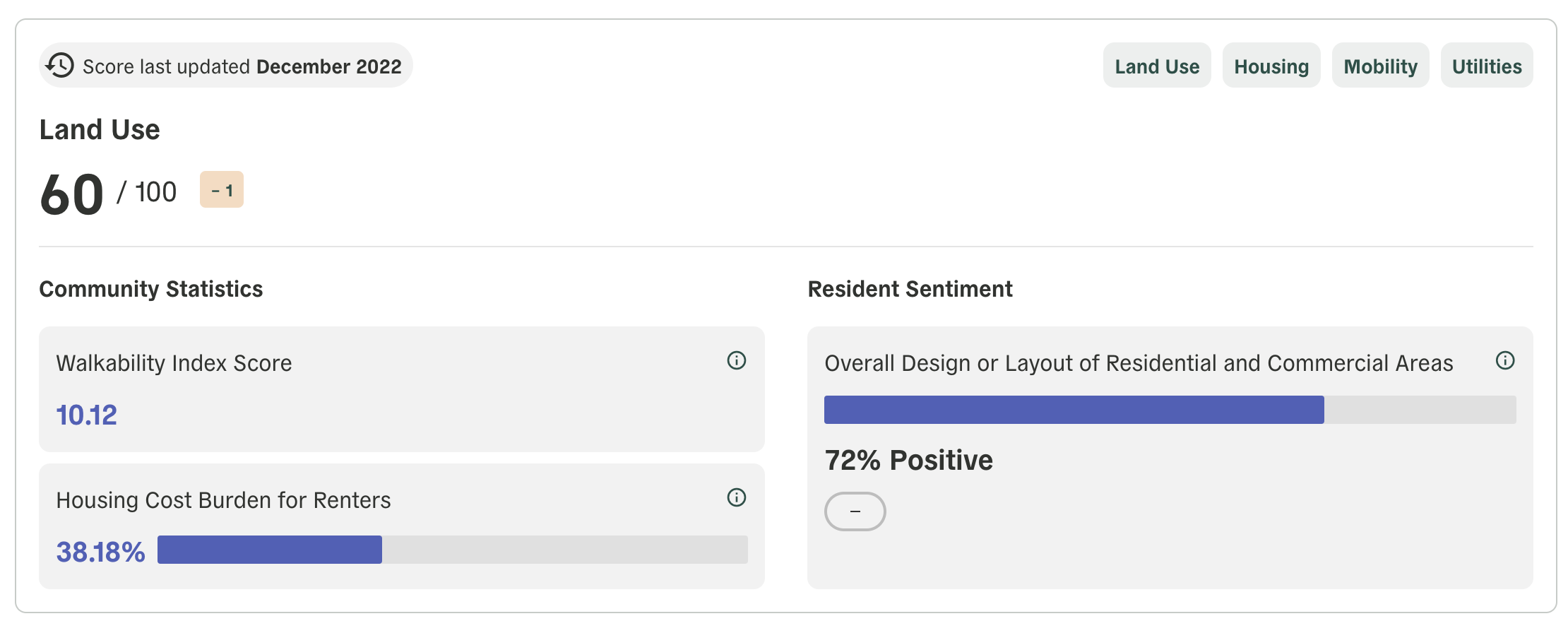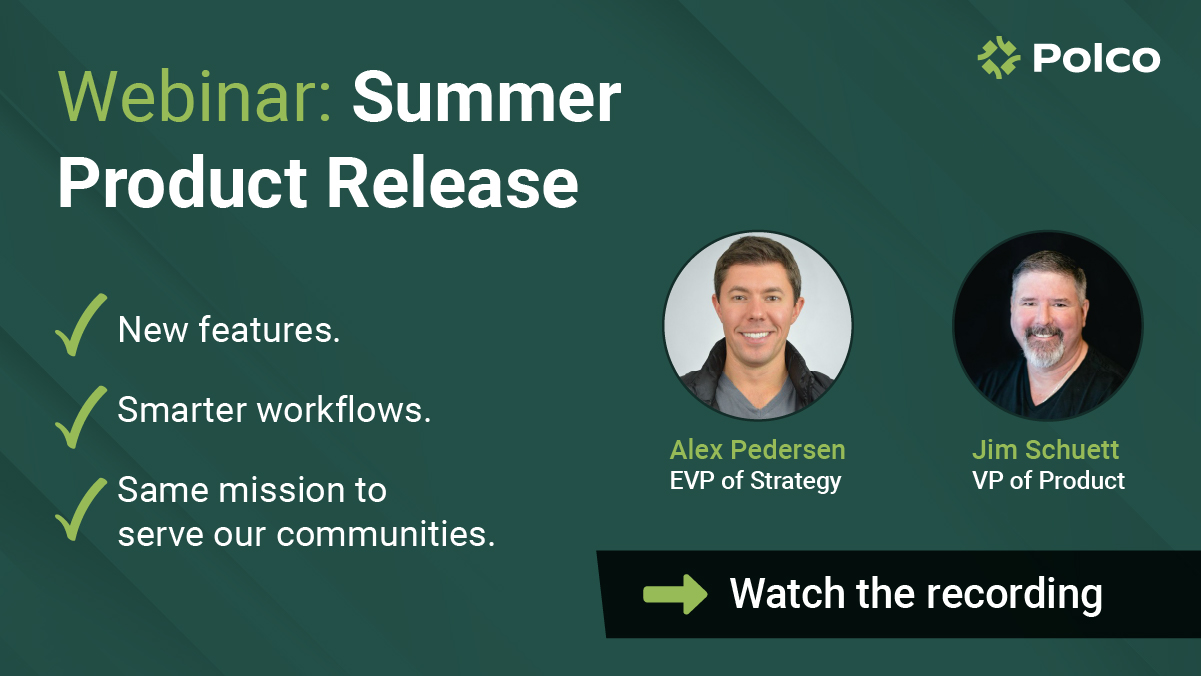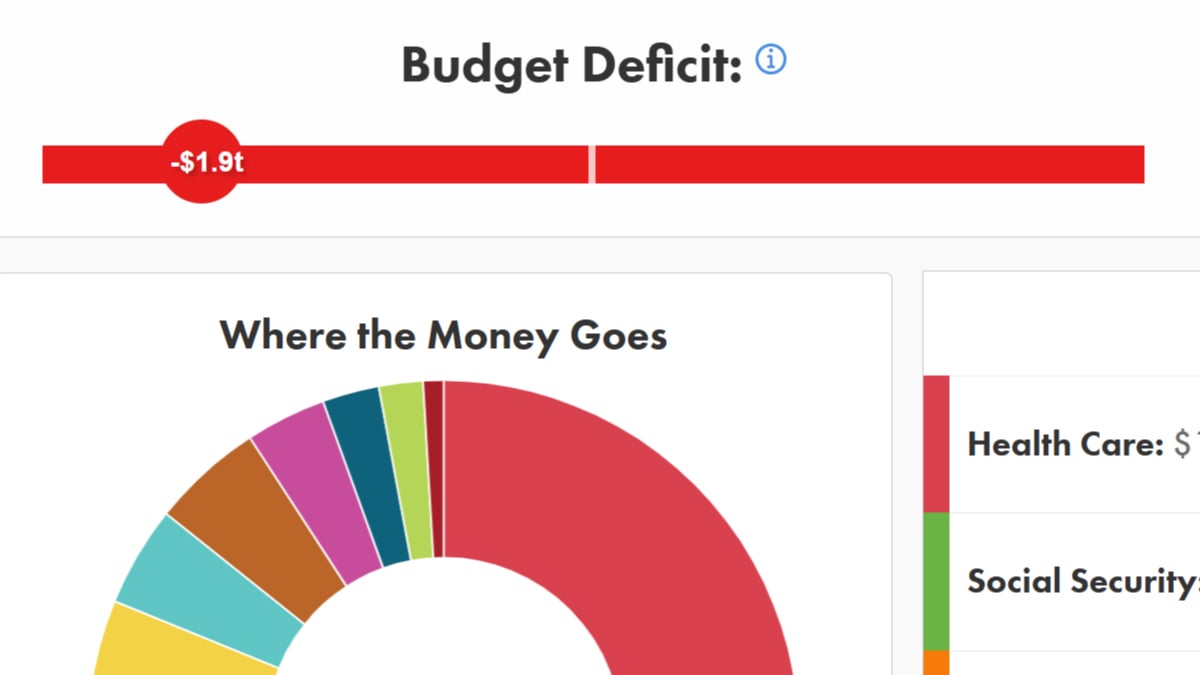Share this
Subscribe to Our Newsletter

Featured Report
Download your copy of "Make Informed Decisions with Confidence: Solving The Community Engagement Puzzle" today!
by Jen Aceto on July 25, 2023

Community input and quality data help governments make better decisions, improve strategic planning, win grants, and achieve much more. Unfortunately, small cities face disadvantages when it comes to accessing this information. Many towns need more staff, time, and funds to best invest in data collection and resident engagement.
Even so, some small towns are tapping into the same public information strategies as larger cities with bigger budgets. Oakley, Utah, and York, Nebraska, are two small cities bridging the data equity gap. And they aren't breaking the bank to do it.
Public data is essential for local governments to understand their communities better and garner support for initiatives. While much information is readily available online, data has become infinite in scale. It takes an excellent analyst to know what data are most important for decision-making. And it takes time to curate those measures into one space for leaders to make sense of it. These are resources that most small cities don't have.
 Oakley, Utah, has a population of just 1,700 residents and very few municipal employees. The city relies on grant funding for projects. But competitive grant applications require data to justify funding. Oakley didn't always have those metrics. Resource limitations drove officials to spend precious time reaching out to residents, one at a time, to gather input.
Oakley, Utah, has a population of just 1,700 residents and very few municipal employees. The city relies on grant funding for projects. But competitive grant applications require data to justify funding. Oakley didn't always have those metrics. Resource limitations drove officials to spend precious time reaching out to residents, one at a time, to gather input.
"I had to go door to door to every house in town, asking people how they felt about [the issue]," former Oakley Mayor Doug Evans said, reflecting on a previous grant project for the water treatment facility. Old-school methods proved time-consuming and costly.
The city needed a more efficient way to collect data and connect with residents. So Oakley joined a Small Cities Pilot Program by Polco.
Through the program, Oakley has gained access to data dashboards that provide an overview of their community. They can focus on specific areas like the economy, safety, health, and more. For example, the dashboards display fair market rent prices, walkability scores, and proximity to parks and grocery stores.  Screenshot from Oakley's data dashboard with land use data
Screenshot from Oakley's data dashboard with land use data
The data come from trusted sources like the U.S. Census and the Bureau of Labor and Statistics.
Oakley officials plan to use this community information for their upcoming grant applications. These data, along with engagement surveys on Polco, will remove the need for door-to-door outreach. And that frees up valuable time and energy for the small city's staff.
To gather public input, many organizations rely on city council meetings. While these events are important, they often suffer low attendance. And the few residents who show up are usually there to express a passionate opinion. So public comment at council meetings only represents a vocal minority of perspectives.
Online engagement allows leaders to drive more participation from constituents, which balances out the vocal minority. Online surveys are also less costly and less time-consuming than other ways of getting public input.
The Small Cities Pilot Program enables local governments to run surveys and build an online following of residents. Whenever organizations publish a poll, their followers conveniently get a notification inviting them to respond.
 The City of York, Nebraska, joined the Small Cities Pilot Program for this reason.
The City of York, Nebraska, joined the Small Cities Pilot Program for this reason.
"We thought the program was an effective way to reach beyond focus groups [and public meetings] and gather feedback from a much larger group," said York City Administrator Sue Crawford.
York initially experimented with an arts and culture survey that would inform the city's creative district plans and proposals.
Responses poured in from a broad range of residents shortly after York posted the survey. The city learned about the types of events residents attended or planned to check out. For example, nearly 60% of respondents said they would come to a live music event. And over 60% reported going to a theater event in the past year.
Screenshot from York survey
Residents in both York and Oakley have also embraced the new engagement technology.
"I would encourage almost any community to initiate a thoughtful process of creating public opinion surveys. With new technology, we have a relatively inexpensive tool to do so," said Oakley resident Rick Shapiro."Over the next few years, and hopefully beyond, we have an opportunity to cultivate a culture where the community feels their voices are heard."
Many small governments can't access the abundance of data that's available to them because they don't have the resources or staff to make sense of it all—until now. Polco gives small governments access to hundreds of public data sources that have been distilled and analyzed into key indicators specifically for each city or town. As a community leader, see how you can put this data to work for you.
Related Articles

Download your copy of "Make Informed Decisions with Confidence: Solving The Community Engagement Puzzle" today!
These Related Stories


